Questioning your faith is an integral part of spirituality.
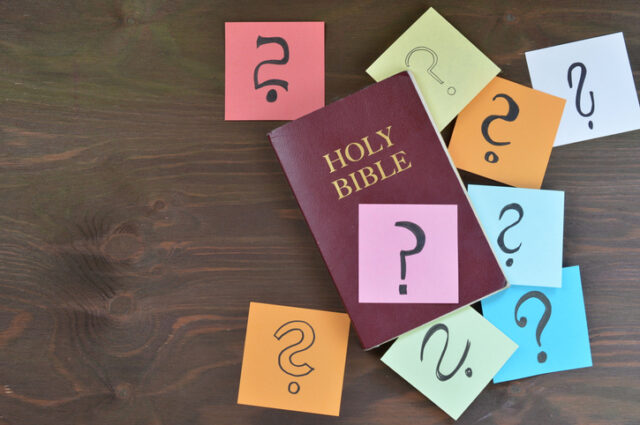
After all, can you truly say your belief in God is rock-solid if you don’t doubt it from time to time to see if it holds up under scrutiny? However, there’s a difference between healthy reflection and true loss of faith. The latter can be incredibly disheartening and even scary, especially if your relationship with God is important to you. When you feel yourself going down this path, here are some questions for self-reflection that might get you back on the right path.
1. What triggered my doubts?

Think back to when you first started feeling this way. Was there a specific event, conversation, or moment that sparked these questions? Understanding what triggered your doubts can help you make sense of them. Sometimes, it’s a personal crisis or a difficult experience that causes a shift in perspective. Identifying that moment can give you clarity and a way forward.
2. Am I overwhelmed by personal struggles?

When life feels like it’s piling on challenges, faith can be one of the first things to slip. Are your doubts connected to stress, grief, or feelings of hopelessness? If so, it might not be your faith that’s faltering, but your emotional reserves. Taking care of your mental health can help you see things more clearly and restore some balance.
3. Have I been engaging with my faith regularly?
 Source: Unsplash
Source: Unsplash Like any relationship, your connection with God may weaken if you haven’t been nurturing it. Reflect on whether you’ve been attending services, praying, or reading spiritual texts. Sometimes, a lack of engagement can lead to feelings of disconnection. Reintroducing small, consistent practices might help you reconnect with your beliefs.
4. Am I holding onto expectations that aren’t being met?
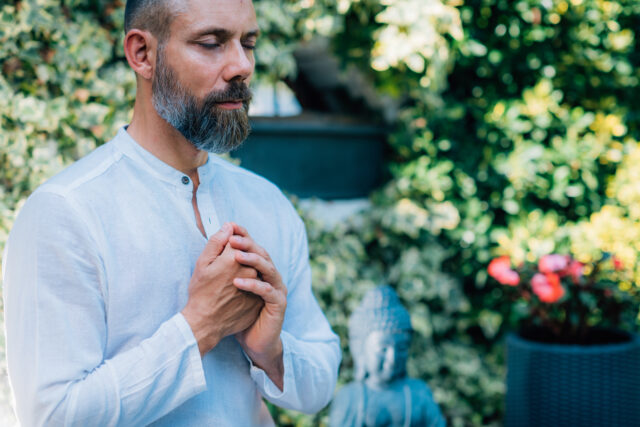
Are you feeling let down because things didn’t turn out the way you hoped? It’s common to feel disillusioned when your prayers seem unanswered. Consider whether your expectations are realistic or if there are other ways your faith is being supported. Letting go of rigid expectations can help you embrace a different understanding of your journey.
5. Do I feel lonely in my faith journey?
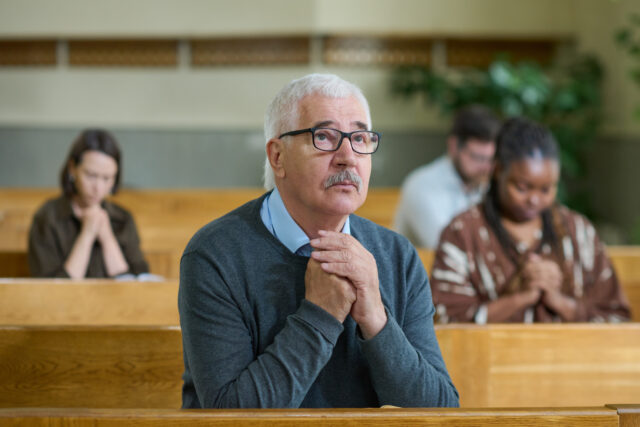
Faith often thrives in community, and feeling isolated can deepen doubts. Are there people you can talk to who share or understand your beliefs? Sometimes, sharing your struggles with a trusted friend, mentor, or spiritual group can remind you that you’re not alone. Talking through your doubts can offer comfort and insight.
6. Am I angry with God?
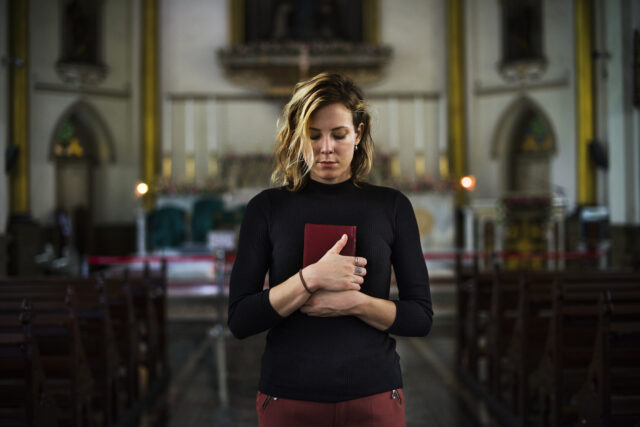
It’s perfectly human to feel anger or frustration towards God, especially during difficult times. Are your doubts rooted in a sense of betrayal or unfairness? Acknowledging these feelings can be liberating. Remember, it’s okay to express anger — it doesn’t mean you’ve lost faith. In fact, working through it can strengthen your connection.
7. Do I feel pressure to believe a certain way?
 Source: Unsplash
Source: Unsplash Sometimes, the pressure to conform to specific doctrines or expectations can lead to inner conflict. Are your doubts fuelled by the feeling that your beliefs don’t align with what other people expect from you? Reflect on what feels genuine to you. Faith is personal, and it’s okay to question the structures around it.
8. Am I exploring different perspectives?
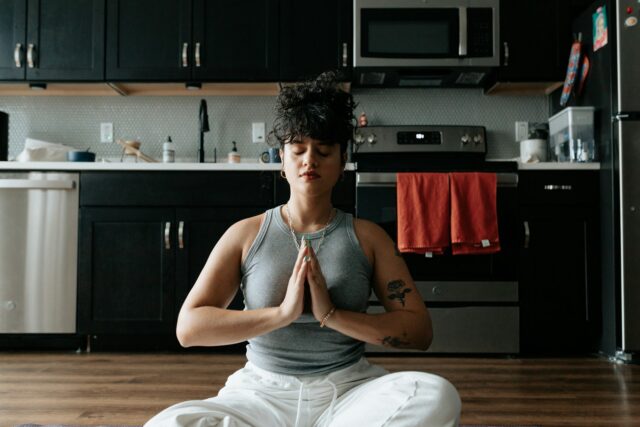 Source: Unsplash
Source: Unsplash Questioning your faith can feel unsettling, but it’s also an opportunity to grow. Have you allowed yourself to explore different interpretations or beliefs? Sometimes, broadening your understanding can lead to a deeper, more resilient faith. Don’t be afraid to ask questions and try to find diverse viewpoints — it can help you find clarity.
9. Do I understand that doubt is normal?
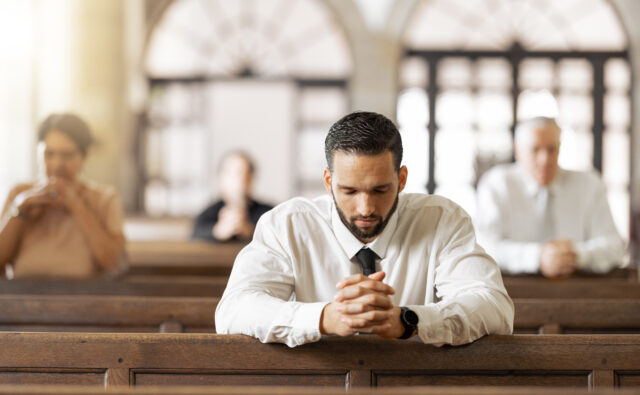
Many people assume that doubt means a lack of faith, but it’s actually a common part of the spiritual journey. Are you being hard on yourself for having questions? Remember, even the most devout people experience moments of uncertainty. Doubt doesn’t disqualify your faith — it can deepen it.
10. Am I allowing space for silence and reflection?
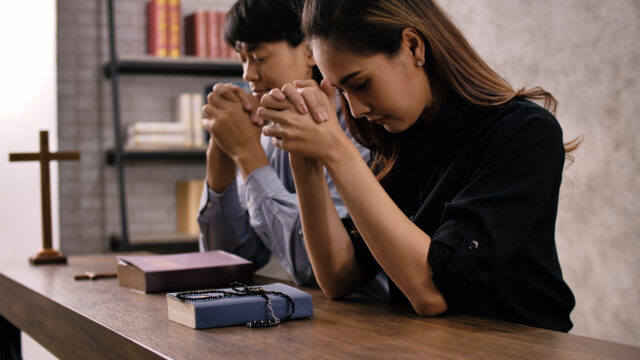
In a busy, noisy world, it’s easy to lose touch with your inner voice. Have you given yourself time to sit in silence and reflect on your feelings? Taking quiet moments to meditate, pray, or simply be present can offer insights that aren’t accessible through constant activity. Sometimes, the answers come when you stop searching so hard.
11. Are my doubts rooted in fear?
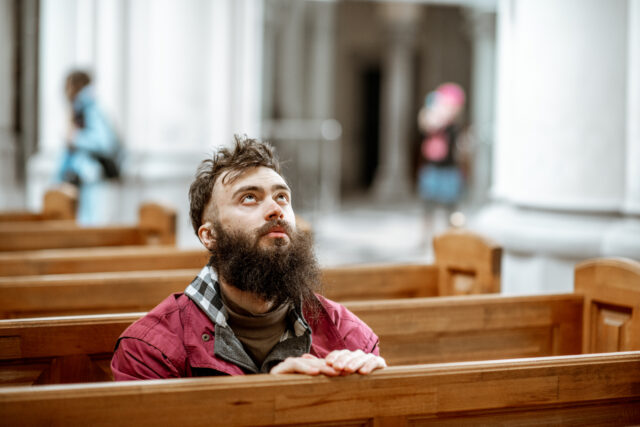
Fear of the unknown, fear of being wrong, or fear of change can all influence your faith. Are your questions driven by anxiety or a need for certainty? Recognising this can help you separate genuine exploration from fear-based doubt. Learning to sit with uncertainty can help ease those fears and open the door to growth.
12. Do I need a break from organised religion?
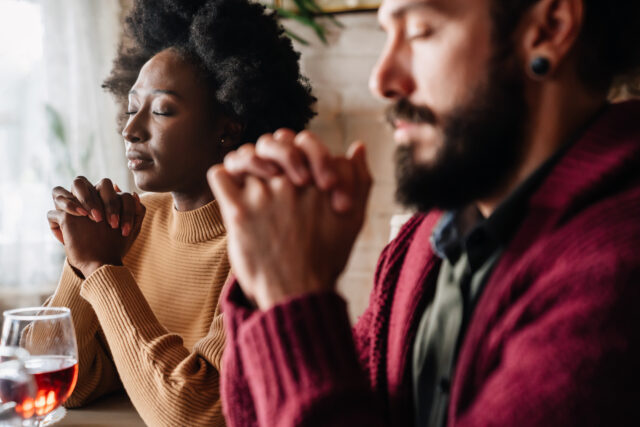
Sometimes, it’s not God you’re losing faith in, but the structure or culture of organised religion. Are you feeling disillusioned with the practices or politics of your religious community? Taking a step back doesn’t mean you’re abandoning your faith. It might be a chance to rediscover what your spirituality means to you personally.
13. Am I focusing only on what’s missing?
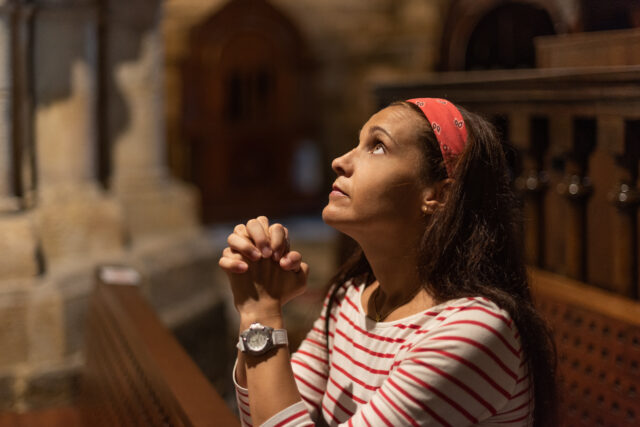
When doubt sets in, it’s easy to fixate on what feels absent or wrong. Have you taken time to reflect on what your faith has brought you in the past? Remembering the moments of peace, strength, or connection that your faith has given you can help balance your perspective. Gratitude might not erase your doubts, but it can soften them.
14. Have I been too hard on myself?
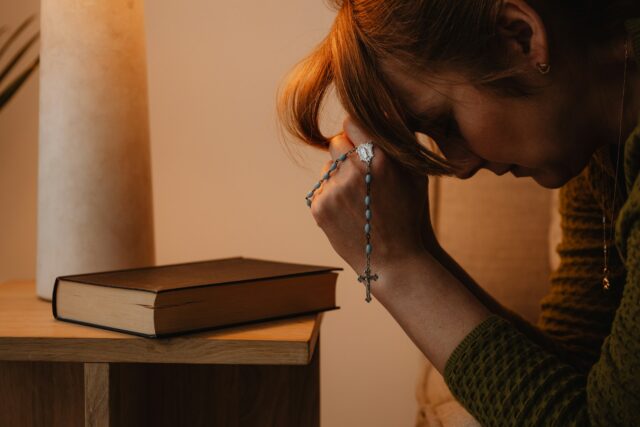
Faith can feel like something you’re supposed to “get right,” but it’s a deeply personal experience. Are you judging yourself too harshly for having doubts? Remember, you’re human, and being imperfect is part of the deal. Allowing yourself grace can create space for your faith to evolve naturally, without pressure.
15. What do I hope to find through this process?
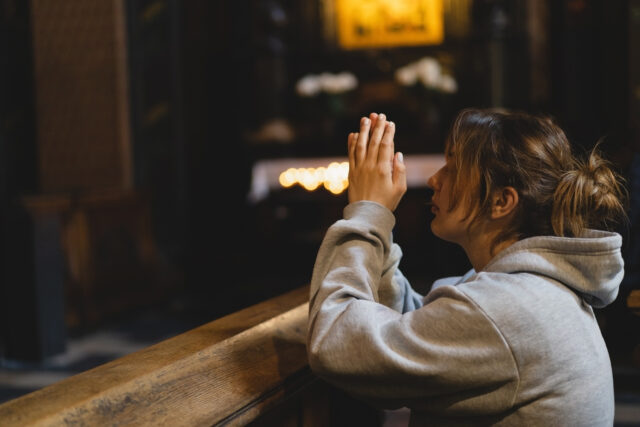
At the heart of your doubts, what are you really looking for? Is it comfort, understanding, or a renewed sense of connection? Knowing what you hope to find can guide you through this journey. Sometimes, the act of searching itself brings answers you didn’t expect. Trust that the process of questioning has its own purpose.




